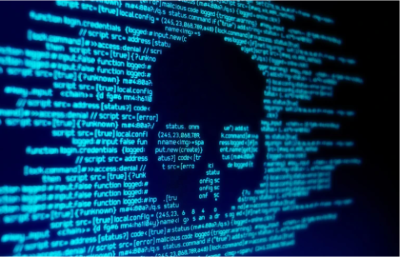In October, a data breach occurred at Harvard University in Cambridge, Massachusetts. Credit: Ilnur Khisamutdinov/Alamy
On November 10, hackers gained access to a Princeton University database containing personal information of members of the institution's community, including alumni, donors and students. In October, similar data breaches occurred at the University of Pennsylvania in Philadelphia and Harvard University in Cambridge, Massachusetts.
These incidents are part of a larger trend. Cyberattacks have increased in academic institutions around the world over the past few years. Not only are attacks time-consuming and costly to contain and resolve, but they also result in university employees losing access to important digital services such as email and research software. for several weeks—or even months—at a time.
“The number of cyber attacks is not decreasing,” says Harjinder Singh Lally, a cybersecurity specialist at the University of Warwick, UK.
Universities are working to implement stronger security systems, but experts say academic institutions need to do more to strengthen defenses, especially against attacks aided by artificial intelligence (AI), which could allow hackers to carry out hacks with greater speed and ease.
Toby Murray, a cybersecurity researcher at the University of Melbourne in Australia, says that in today's political climate, where competition between countries is growing, “universities remain a really attractive target.” It is often difficult to track where attacks originate, but some have been traced to state-sponsored groups and often involve the use of ransomware, malicious software that locks data or systems until payment is made.
NEWS: Cyber attacks hit research institutions – with devastating consequences
What makes universities vulnerable?
Cyber attacks are on the rise across all sectors, from government organizations to private companies. Experts say universities are especially vulnerable because of the valuable data they store, such as employee records and intellectual property, and because these institutions are difficult to protect. Many universities have outdated security systems and a variety of digital infrastructures and communities that can make it easier for hackers to penetrate such systems.
“It will get worse,” says David Batho, director of security at Jisc, an organization that provides digital infrastructure to educational institutions in the United Kingdom. “Prevention is no longer enough. Resilience needs to be improved.”
A UK government survey The study, conducted between August and December last year, found that educational institutions in the country have a high prevalence of cybersecurity breaches and are more likely to experience such incidents than other businesses. According to the attendant report91% of higher education institutions and 85% of further education colleges reported experiencing a similar incident in the last 12 months.
Quantum hacking looms, but ultra-secure encryption is ready for use









